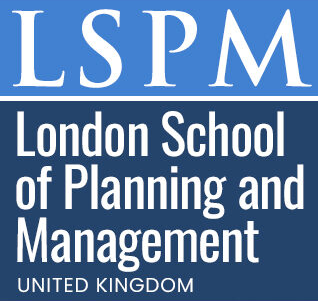Advanced Certificate in Gender Stereotypes Impact Measurement
Published on June 20, 2025
About this Podcast
HOST: Welcome to our podcast, today we have a special guest who will be discussing the Advanced Certificate in Gender Stereotypes Impact Measurement. Can you tell us a bit about this course and what inspired you to create it? GUEST: Absolutely, this course is designed for professionals working in research, policy-making, or corporate social responsibility. It equips them with the skills to analyze and measure the impact of gender stereotypes using both quantitative and qualitative methods. I was inspired by the need to provide tools that can help transform understanding and contribute to meaningful change towards gender equality. HOST: That sounds fascinating! Could you share some current industry trends related to the course topic? GUEST: Certainly, there's growing awareness about the role of implicit biases in maintaining gender inequality. Companies are starting to realize the importance of addressing these biases, not just for ethical reasons, but also because it makes good business sense. Our course offers practical skills to detect and address such biases. HOST: What challenges have you faced while teaching or learning this subject? GUEST: One challenge is dealing with resistance to change. Many people don't see the relevance of gender stereotypes in their work or lives, so getting them to engage with the material can be difficult. However, once they do, they often find it incredibly eye-opening and rewarding. HOST: Looking forward, where do you see the future of this area or industry? GUEST: I believe we'll continue to see a shift towards more inclusive and equitable practices, driven by both societal pressure and increasing evidence that diversity leads to better outcomes. Our course is part of that movement, providing professionals with the necessary skills to drive this change. HOST: Thank you for sharing your insights with us today. It's clear that this course offers valuable insights and practical skills for anyone looking to make a difference in promoting gender equality. GUEST: Thank you for having me. It's been a pleasure discussing this important topic with you.
